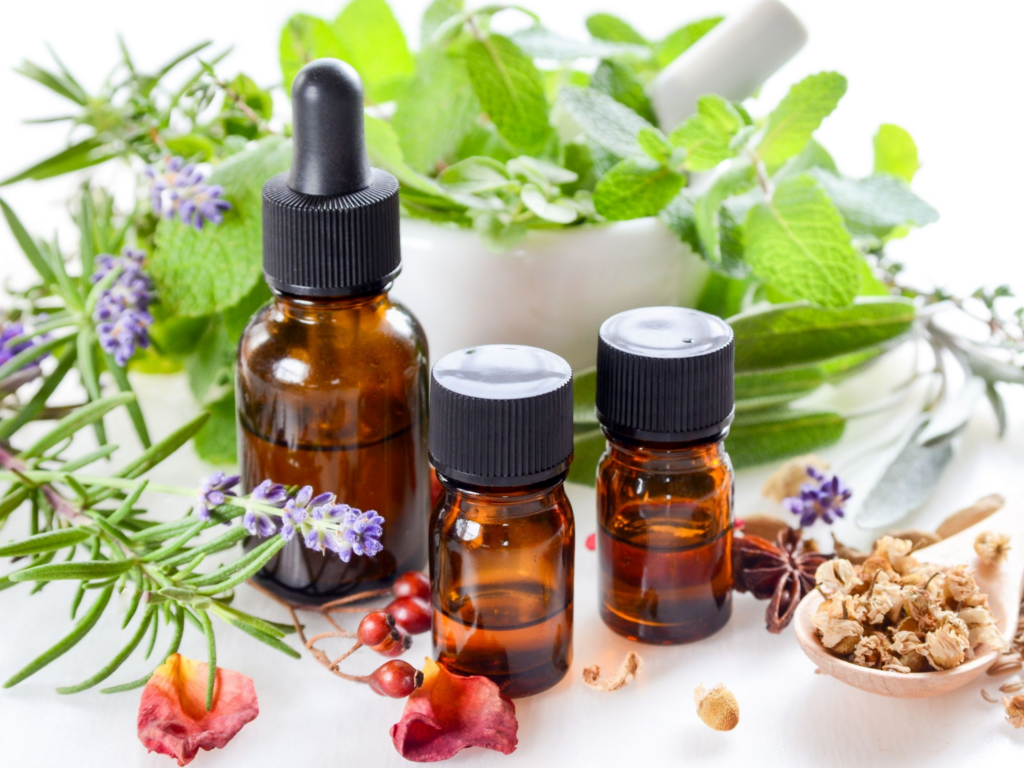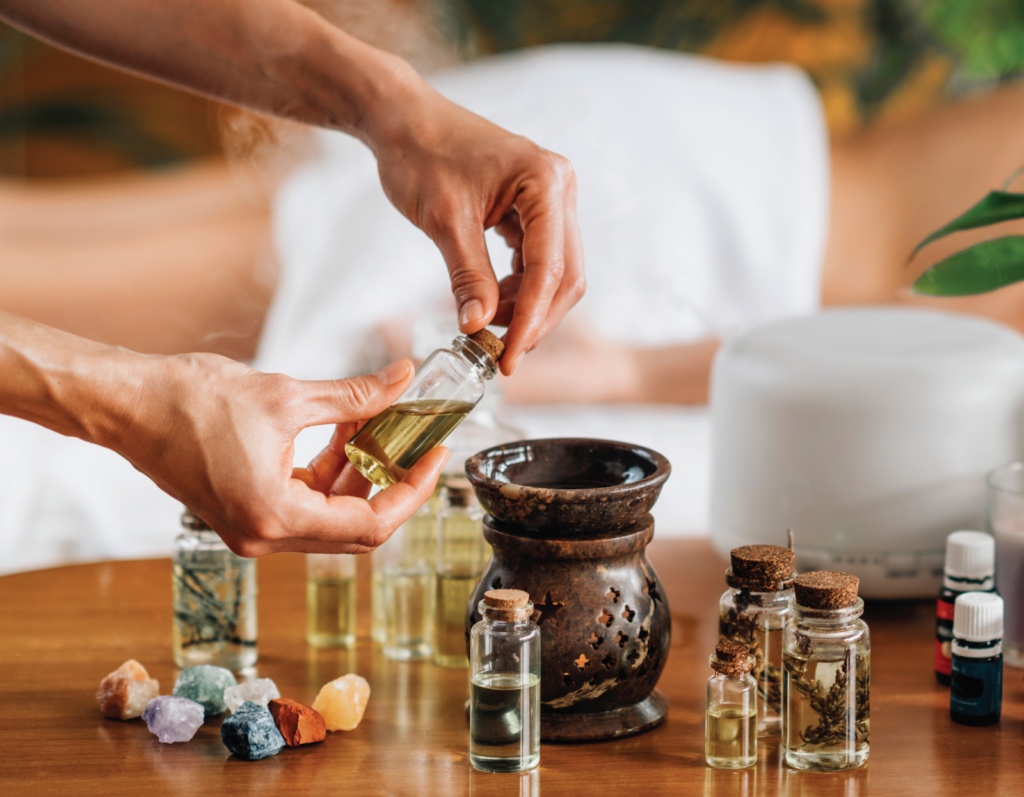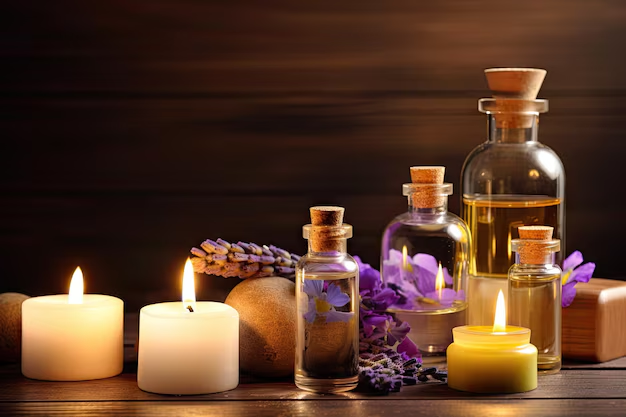
Aromatherapy is the process of physical, mental, and emotional improvement through essential oils extracted from plants. It has gained increasing popularity nowadays in the treatment of disorders related to stress and anxiety, skin problems, and digestion issues. Read the blog to get a clear insight into aromatherapy benefits, efficiency, and application regarding general health improvement.
How does aromatherapy help with anxiety?
Aromatherapy helps reduce anxiety by inhaling or applying essential oils to the body. A few oils, such as lavender and chamomile, work wonders for this. These oils act in conjunction with the limbic system of the brain, which governs emotions and memory, thus soothing the mind and anxious feelings.
Some studies further show that with consistent use, these oils reduce cortisol levels in the body, considered to be the stress hormone in general. The feelings of relaxation, thus, become a result of this activity. A number of people try aromatherapy together with mindfulness or meditation as a way to maximize benefits related to anxiety.
Does Aromatherapy improve sleep disorders?
Aromatherapy can improve in sleep disorders because the ingredients have certain elements in them, such as lavender, sandalwood, and valerian, which are known for their sedative properties, which help in relaxing the body and preparing the individual for sleep.
This may be diffused in the air, added to a warm bath, or applied to pillows and bedding for a sleep-conducive environment. These present different studies that, over some time, the sleep quality and length are improving. This, in turn, with aromatherapy and other relaxation techniques at bed time is greatly enhancing the general sleeping habits.

Can aromatherapy help combat depression?
Aromatherapy could be helpful to bring some cheer for light to moderate depression using uplifting essential oils such as citrus-Orange, lemon, rose, and ylang-ylang; all these have elevating properties. These oils stimulate neurotransmitters such as serotonin and dopamine involved in maintaining mood and emotions.
Aromatherapy itself may be insufficient for treating clinical depression, but it is a very promising complement therapy to either counseling, medication, or even lifestyle changes. Regular use of these uplifting oils, particularly through inhalation or massage, may help build a better emotional state.
How does aromatherapy help with skin disorders?
Aromatherapy helps several skin disorders like acne, eczema, and psoriasis by decreasing the redness, irritation, and also the breakouts. For instance, anti-inflammatory and antimicrobial properties are found in tea tree essential oil, and there is documentation of tea tree oil exerting an antibacterial action against acne.
While lavender and chamomile oils soothe the irritated skin and promote its healing. These oils can be diluted in specific carrier oils for topical application to skin disorders or added into skin care. The continued use produces clearer, healthier skin without the devastating side effects associated with chemical treatments.

Is digestion favored by aromatherapy?
Aromatherapy is also used to help digestion, as the applied essential oils have been selected, such as peppermint, ginger, and fennel. The oil extracted from ginger itself stimulates digestion and is of great value while fighting nausea. Fennel oil dissolves gases, reducing cramp in digestive organs.
These oils can be massaged onto the abdomen with a carrier oil or inhaled through a diffuser. The oils, if taken regularly, would ease the discomfort of indigestion, IBS, and all forms of gastrointestinal ills, just like a natural remedy with absolutely no side effects.
Does aromatherapy relieve headache and migraine?
Aromatherapy can help reduce headaches and migraines with the help of essential oils such as peppermint, eucalyptus, and lavender. Peppermint oil cools the body and, therefore, relaxes the muscle tension in the head and neck. Eucalyptus opens up the pathways, improves oxygenation feeding the brain, and loosens headache symptoms.
Lavender works upon the nervous system, hence offering relief from stress-related headaches. These oils can be topically applied at the temples or smelled through a diffuser. Headaches can be naturally relieved right away without using pain medications when aromatherapy is used at the onset.
Wrapping up!
Aromatherapy embraces this natural, holistic system of healing that runs the gamut from anxiety and depression to skin disorders and gastric problems. If therapeutic aromas are used correctly, one will find care in the realms of physical and mental well-being. This is a type of therapy which has, through the media of inhalation and topical application, indeed been very successful. Knowledge of its application and indication will guarantee maximum utilization of this healing modality.

